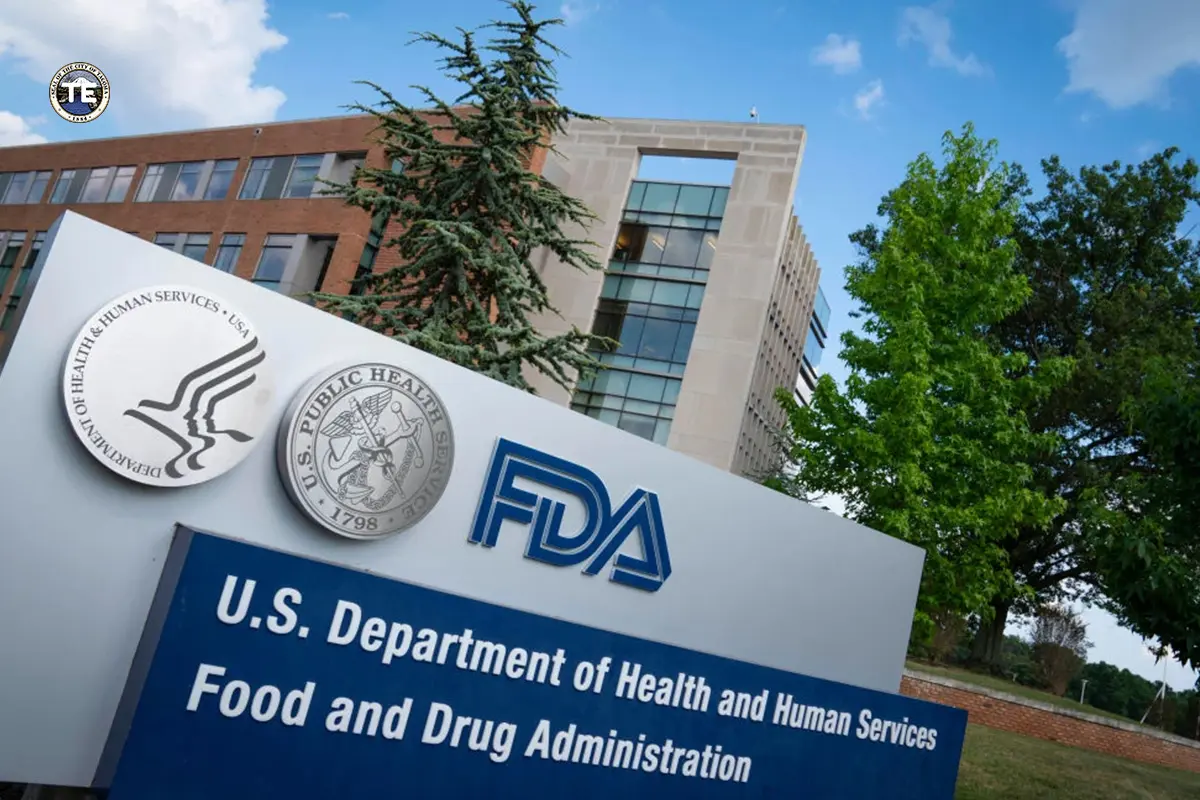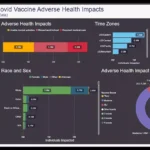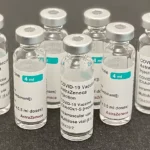The U.S. Food and Drug Administration (FDA) recently authorized an updated Novavax COVID-19 vaccine under Emergency Use Authorization (EUA). This decision has sparked significant concern due to the absence of new clinical trial data supporting its safety and efficacy.
Traditionally, vaccine approval involves rigorous clinical trials that span several phases to ensure the vaccine’s safety, effectiveness, and overall benefit-risk balance. However, the FDA bypassed these essential steps, relying on outdated data and assumptions from earlier vaccine versions.
The Dangerous Shift in Vaccine Approval
Under normal circumstances, vaccine approval would be based on comprehensive clinical trials involving diverse populations. These trials are critical for identifying the vaccine's ability to prevent disease and potential adverse effects.
However, the updated Novavax vaccine was authorized without new phase III trials. Instead, the FDA based its decision on immune response data from earlier studies of the original Novavax vaccine, which measured antibody responses rather than real-world outcomes like preventing COVID-19 cases, hospitalizations, or deaths.
Manufacturing using a process similar to previous versions does little to address this new formula's lack of rigorous testing…
This reliance on surrogate markers such as antibody levels, rather than direct evidence of effectiveness, represents a dangerous shift in vaccine approval standards. The FDA’s justification, which claims the updated vaccine is manufactured using a process similar to previous versions, does little to address the lack of rigorous testing for this new formula.
Potential Public Health Risks
The implications of this decision are profound and troubling. As the SARS-CoV-2 virus evolves, the immune response elicited by vaccines targeting earlier strains may not provide adequate protection against newer variants like the Omicron JN.1 strain, which the updated Novavax vaccine should target.

Without robust clinical data, it is impossible to know whether this vaccine will effectively protect against these variants or if it might even increase the risk of severe disease through mechanisms like antibody-dependent enhancement (ADE).
ADE is a known phenomenon where antibodies from a previous infection or vaccination could worsen the disease upon subsequent exposure to the virus. This, along with concerns about pathogenic priming—where the immune system is primed in a way that could lead to harmful autoimmune responses—highlights the risks of approving a vaccine without comprehensive testing.
The lack of new clinical trials leaves these risks unaddressed, potentially putting public health at serious risk.
Criticism of the FDA’s Role
The FDA’s decision to approve this vaccine with zero new clinical data reflects a concerning trend toward lax regulatory standards. This move undermines public trust in vaccine safety and the FDA’s credibility.
The agency's reliance on outdated assumptions and surrogate markers rather than demanding rigorous, up-to-date trials is a stark departure from traditional vaccine approval practices.
The FDA’s hasty approval of the updated Novavax vaccine sets a dangerous precedent without demanding new clinical trials. It raises serious questions about the vaccine’s efficacy and safety, particularly in light of rapidly evolving viral variants.
The potential risks associated with this approach call for a more cautious and transparent process that prioritizes public health and safety over expediency.

Carl Riedel is an experienced writer and Open Source Intelligence (OSINT) specialist, known for insightful articles that illuminate underreported issues. Passionate about free speech, he expertly transforms public data into compelling narratives, influencing public discourse.













